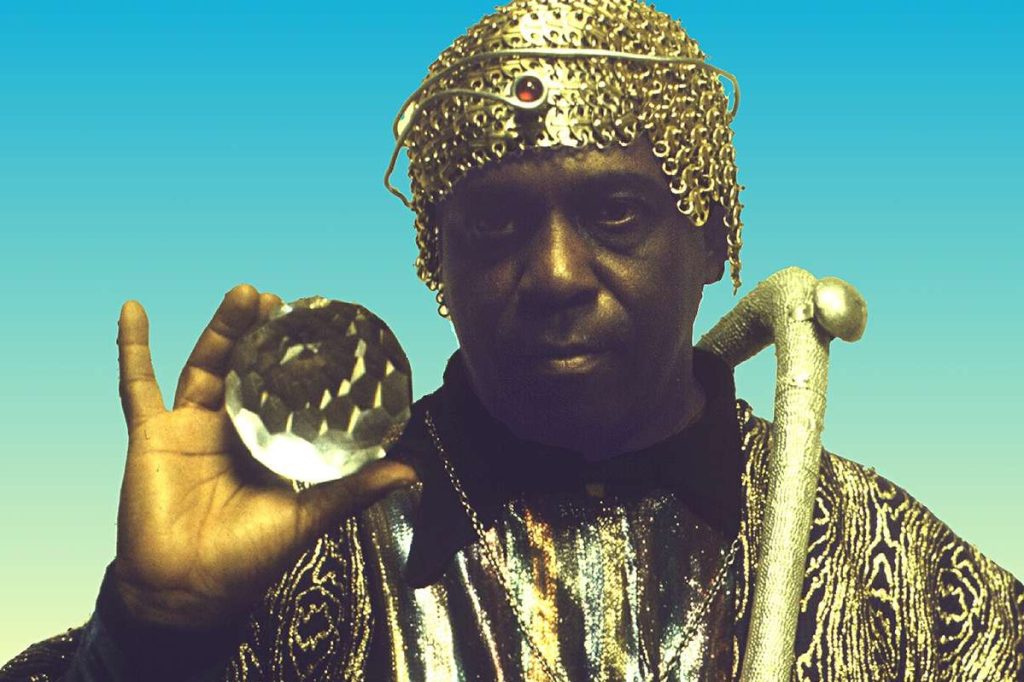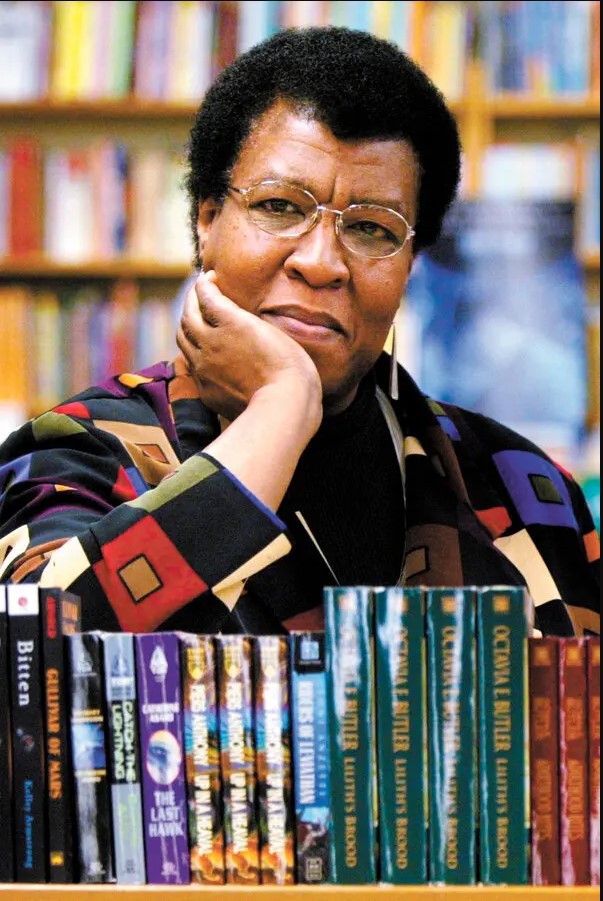Afrofuturism and Black Sci-Fi are two distinct yet related sub-genres of speculative fiction that have gained significant popularity in recent years. Both explore Black identity, culture, and history through a futuristic lens, but they differ in their approach, themes, and influences.
Afrofuturism is a cultural and artistic movement that combines elements of science fiction, fantasy, and Afrocentricity to imagine alternative futures for people of African descent. It emerged in the 1950s and 1960s, alongside the Civil Rights movement, and was popularized in the 1990s by musicians such as Sun Ra and writers such as Octavia Butler. Afrofuturism seeks to reclaim and reimagine Black history, culture, and identity, and to challenge the dominant narrative of Western futurism, which often excludes or marginalizes Black voices.

Black Sci-Fi, on the other hand, is a broader term that encompasses any science fiction or fantasy work by Black creators or featuring Black characters. While it may share some of the same themes and influences as Afrofuturism, Black Sci-Fi is not necessarily rooted in Afrocentricity or concerned with exploring Black history and identity. It can include a wide range of stories, from space operas to dystopian futures, that reflect the diversity of the Black experience.
To illustrate the difference between Afrofuturism and Black Sci-Fi, here are some examples of each:
Afrofuturism:
- Octavia Butler’s “Parable of the Sower” and “Parable of the Talents” explore a near-future dystopia in which a young Black woman named Lauren Olamina creates a new religion based on the concept of “Earthseed,” which seeks to adapt to the changing world and eventually find a new home in space.
- Sun Ra’s music and performances, which combined jazz, funk, and Afrocentric mythology to create a unique vision of a cosmic future in which Black people are liberated from Earthly constraints.
- Nnedi Okorafor’s “Binti” trilogy follows a young Himba girl who leaves her home planet to attend an intergalactic university and becomes embroiled in a conflict between humans and an alien race.

Black Sci-Fi:
- “Black Panther” by Ta-Nehisi Coates and Brian Stelfreeze tells the story of T’Challa, the king of Wakanda, a technologically advanced African nation that has never been colonized. The story explores themes of politics, identity, and power.
- “Kindred” by Octavia Butler is a time-travel novel that follows a Black woman named Dana who is pulled back in time to the antebellum South, where she must confront the brutal reality of slavery.
- “The Fifth Season” by N.K. Jemisin is the first book in a trilogy that takes place on a planet where catastrophic geological events called “Fifth Seasons” threaten to destroy civilization. The story follows three women with the power to control the earth and their struggle to survive in a hostile world.
In conclusion, while Afrofuturism and Black Sci-Fi both offer a vision of the future that centers on Black culture and identity, they approach this goal from different angles. Afrofuturism seeks to reclaim and reimagine Black history, culture, and identity in the context of a futuristic world, while Black Sci-Fi explores the diversity of the Black experience through science fiction and fantasy. Both sub-genres offer a valuable contribution to the world of speculative fiction and provide a platform for Black creators to tell their stories.



Comments are closed